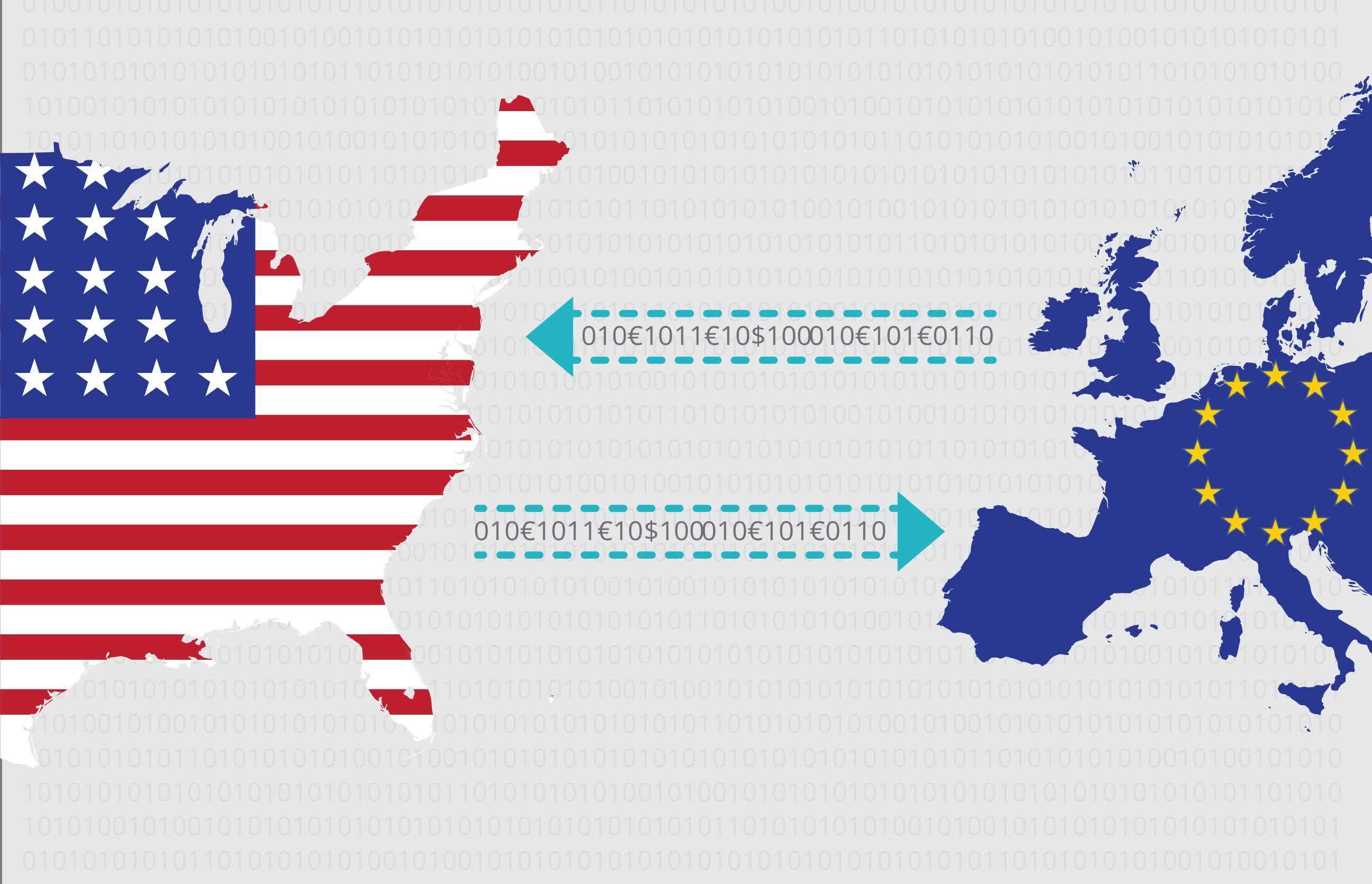The big picture: Facebook says it may be forced to pull the plug on its EU operations, after the Irish privacy watchdog gave it three weeks to stop all user data transfers to the US. The company explains it is "not threatening to withdraw from Europe," but it has taken the issue to court as it believes it has been unfairly targeted for a common practice among many American organizations operating in the region.
Last month, Ireland's Data Protection Commission (DPC) sent Facebook a preliminary order to stop transferring the data of European users to the US, after a European Court of Justice ruled that American privacy legislation isn't adequate. Failing that, Facebook could be fined up to four percent of its annual turnover, which is about $2.8 billion if we go by its global revenue in 2019.
According to a court filing in Dublin spotted by VICE, the social giant said the DPC's decision would make it impossible to offer its services in the EU for the 410 million people that constantly tap into Facebook and Instagram. But more importantly, the company sued the DPC, alleging it's been singled out in a sea of over 5,000 companies who depend on Standard Contractual Clauses (SCCs) and Privacy Shield to operate EU-US data transfers.

Facebook believes the DPC's move was premature, and takes issue with the potential impact such a measure might have on the European economy, as SCCs are also used by other tech giants, as well as banks, airlines, and many small businesses. The company urges regulators to think of a more pragmatic approach before a sustainable long-term solution can be found.
The DPC issued the preliminary order as a way of preventing data of European residents from being stored or processed in the US, where it may become subject to mass surveillance programs. It's also flexing its muscles after mounting criticism that it isn't doing enough to enforce GDPR on big tech companies.
Yvonne Cunnane, Facebook Ireland's head of data protection and associate general counsel, noted "the fact one person is responsible for the entire process is relevant to [Facebook's] concerns, in respect of the inadequacy of the investigative process engaged in and independence of the ultimate decision-making process."
